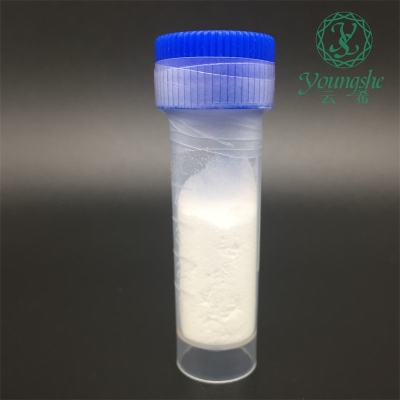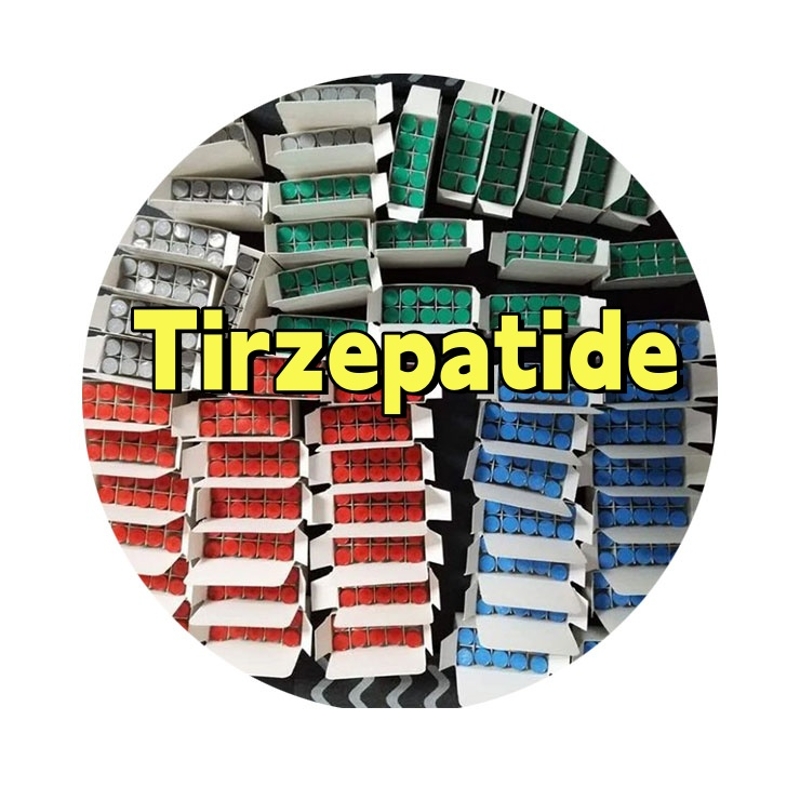-
Categories
-
Pharmaceutical Intermediates
-
Active Pharmaceutical Ingredients
-
Food Additives
- Industrial Coatings
- Agrochemicals
- Dyes and Pigments
- Surfactant
- Flavors and Fragrances
- Chemical Reagents
- Catalyst and Auxiliary
- Natural Products
- Inorganic Chemistry
-
Organic Chemistry
-
Biochemical Engineering
- Analytical Chemistry
-
Cosmetic Ingredient
- Water Treatment Chemical
-
Pharmaceutical Intermediates
Promotion
ECHEMI Mall
Wholesale
Weekly Price
Exhibition
News
-
Trade Service
Atrial Natriuretic Factor (ANF) is a peptide hormone that is synthesized and secreted by the atria of the heart.
It regulates the balance of water and electrolytes in the body by promoting the reabsorption of water by the kidneys and the excretion of sodium.
ANF is also known as brain natriuretic peptide (BNP) and is used in the treatment of heart failure.
One of the important applications of ANF is in the production of medical grade peptides, which are used as research reagents, diagnostic tools, and therapeutic agents.
The upstream processes to produce ANF involve the extraction, purification, and synthesis of the hormone.
The downstream processes involve the formulation, testing, and manufacturing of the final product.
The extraction of ANF involves the isolation of the hormone from natural sources such as human plasma or urine.
This process involves the use of various techniques such as gel filtration, precipitation, and chromatography to purify the hormone.
The purity of the extracted hormone is then determined using various methods such as high-performance liquid chromatography (HPLC) or mass spectrometry.
The synthesis of ANF involves the use of various chemical and biochemical methods.
One of the common methods is solid-phase synthesis, which involves the attachment of the amino acids to a solid support and the subsequent activation of the peptide bond.
This method is highly efficient and yields high-purity products.
Another method is liquid-phase synthesis, which involves the synthesis of the peptide in a liquid medium using various protecting groups.
Once the ANF has been synthesized, it is then formulated into a suitable form for use.
This involves the preparation of the product, which is typically done by mixing the hormone with excipients and other stabilizing agents.
The formulation is then tested for various properties such as stability, purity, and potency.
The manufacturing of the final product involves the production of the medication in large quantities.
This process involves the use of various equipment and techniques to ensure that the product is of high quality and meets all regulatory requirements.
The product is then packaged and labeled appropriately for distribution and sale.
In the downstream processes, the focus shifts to the development of the final product and its manufacture.
The purity and potency of the final product are critical for its efficacy and safety.
The quality of the product is tested using various methods such as HPLC, mass spectrometry, and immunological assays.
The manufacturing process must also be optimized to ensure that the product is manufactured in a consistent and reproducible manner.
The use of ANF in the treatment of heart failure has shown promising results.
The hormone is known to increase the reabsorption of water and sodium in the kidneys, which can help to reduce the workload on the heart and improve the symptoms of heart failure.
The use of ANF has also been shown to improve the survival rate of patients with heart failure.
In conclusion, the production of ANF involves a complex process that involves the extraction, purification, synthesis, formulation, and manufacturing of the hormone.
The upstream and downstream processes must be optimized to ensure that the final product is of high quality and meets all regulatory requirements.
The use of ANF in the treatment of heart failure has shown promising results and its therapeutic potential is still being explored.






